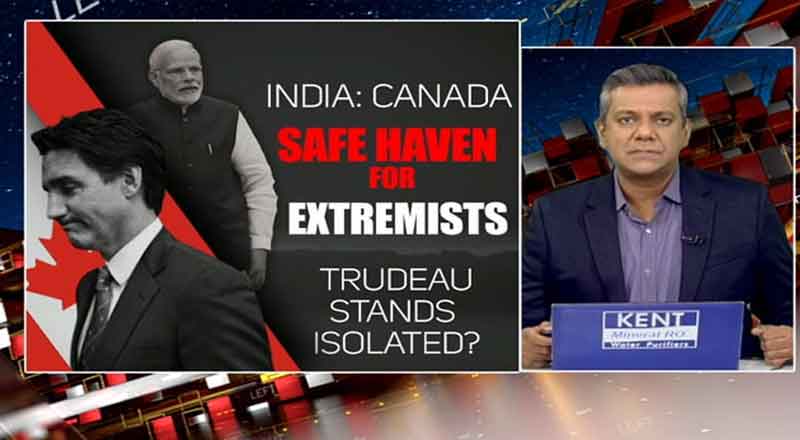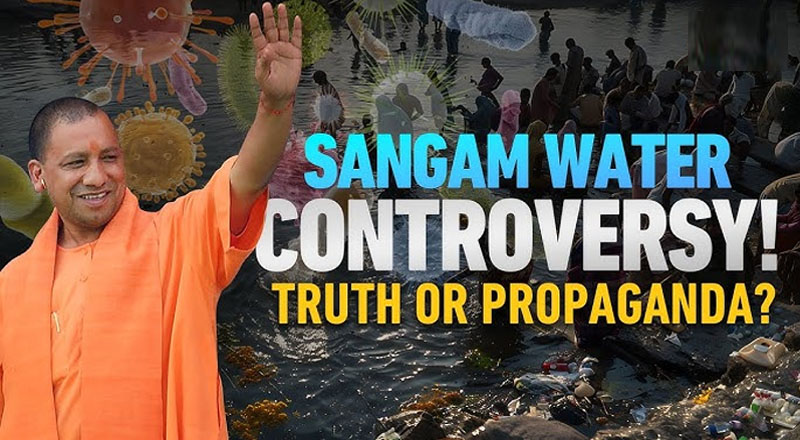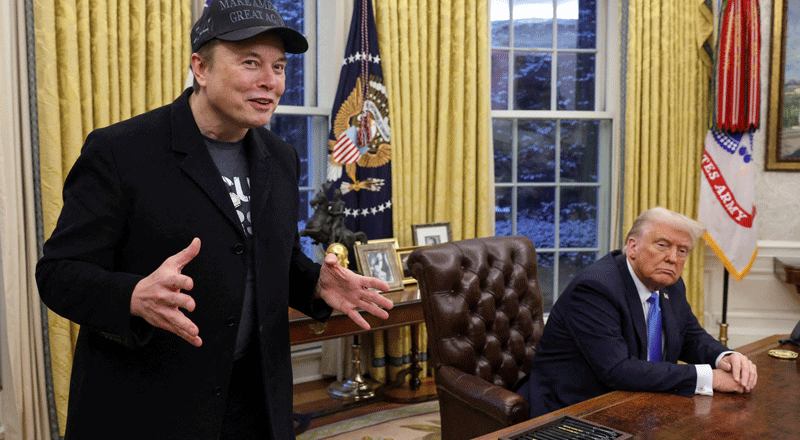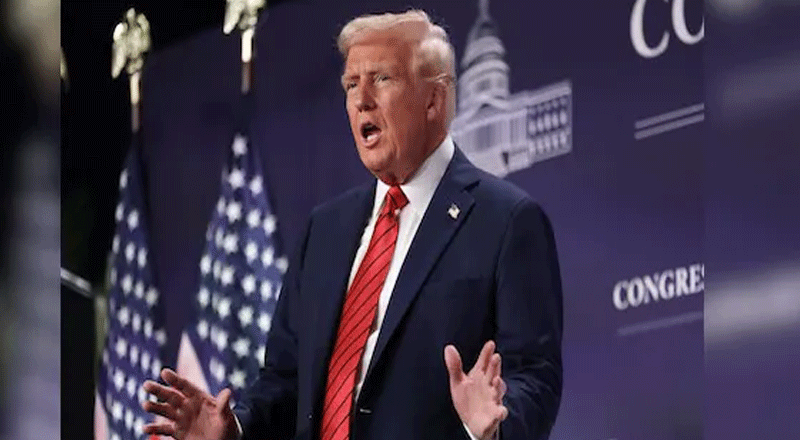The government has sought the downsizing of Canada’s diplomatic presence in India amid a crisis that blew up over Canadian Prime Minister Justin Trudeau’s charge that India got a Khalistani terrorist killed in their country.
- Justin Trudeau today repeated his charge that “Indian government agents” were involved in the June killing of Hardeep Singh Nijjar, a Canadian citizen who was a wanted terrorist in India. He said there are “credible reasons to believe” so, but did not give any evidence.
- India has angrily rejected the allegation and flagged “politically condoned hate crimes and criminal violence” in Canada. The government said Canada has not shared any information regarding Nijjar’s killing.
- India also alleged “Canadian diplomatic interference” in its internal affairs and sought to reduce the number of Canadian diplomats working in the country. The foreign ministry said the Canadian diplomatic presence in India is larger than what India has and needs to be downsized.
- The government has suspended visa services in Canada citing “security threats” that are not allowing their officials to carry out visa functions.
- The diplomatic row blew up Tuesday with both countries expelling senior diplomats and issuing travel advisories. India has asked its citizens living in Canada and those traveling there to exercise “utmost caution” in view of growing anti-India activities.
- The two countries had tensions brewing after Prime Minister Narendra Modi scolded Trudeau at the Delhi G20 summit over Khalistan supporters attacking Indian diplomatic missions in Canada. Days later, Canada had postponed a trade mission to India, planned for October.
- The India-Canada ties hit a new low after Trudeau linked “Indian agents” to the shooting of Nijjar outside a gurdwara in Surrey. Providing no evidence, he said his government had “credible allegations” of it. India rejected the charge as “absurd”.
- The US has said that it is in touch with both India and Canada over the issue and that both countries are important for it. US National Security Advisor Jake Sullivan said the US supports the efforts that are being taken in the investigation and perpetrators held to account.
- Voices within the country remain united over the issue. Opposition Congress has backed the government and said that the country’s interests and concerns must be kept paramount at all times.
- Canada has been among the favoured hubs of expat Sikhs where extremism has mushroomed over the last few years. The past few months saw multiple Khalistani activities in Canada, including protests outside the Indian Embassy and threat posters for Indian diplomats.
Canadian Prime Minister Justin Trudeau did not respond to questions about Khalistani terrorist Hardeep Singh Nijjar and India rejected allegations made by Trudeau in Parliament about India’s involvement in the terrorist’s killing.
Justin Trudeau was in the United Nations Headquarters to attend the high-level 78th session of the UN General Assembly.
On two different occasions and at two different venues within the UN premises, Press Trust of India asked questions to Justin Trudeau about India rejecting his allegations relating to ‘Khalistan’ terrorist Hardeep Singh Nijjar’s killing. But Trudeau did not respond and walked away.
(With inputs from agencies)





